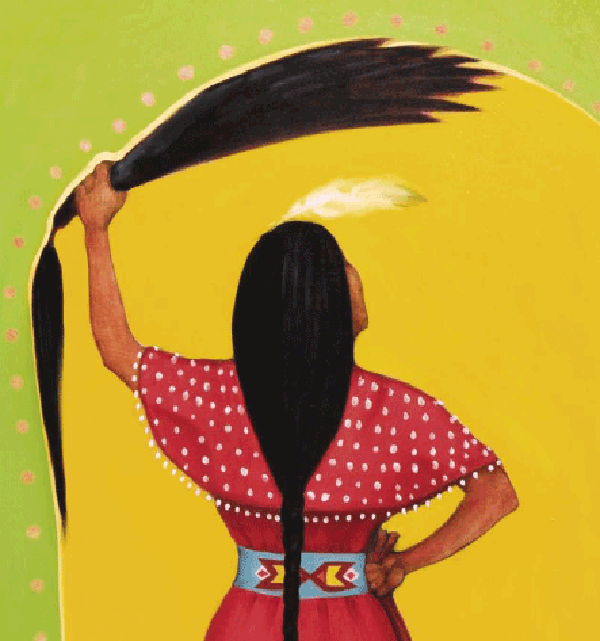November 11, 2017 | 115th Congress, 1st Session (2017-2018)
Building on the success of the Tribal Law and Order Act and the Violence Against Women Reauthorization Act of 2013, several bipartisan bills have been introduced into the United States Senate to address violence against indigenous women. There are 4 important bills now pending in the Senate, each of which would help increase safety for Native women.
S. 1870: - SURVIVE Act. Senator John Hoeven (R-ND), joined by 7 original bipartisan cosponsors, introduced S. 1870, the Securing Urgent Resources Vital to Indian Victim Empowerment Act or the SURVIVE Act, on September 2, 2017. This bill would establish a 5% tribal set aside of the total amount of funds available during a fiscal year under the Victims of Crime Act. Though the Act was passed 30 years ago, it did not include tribes in the original distribution of funds. Tribes could use this funding to provide services to victims of crime including efforts to:
“(i) respond to the emotional, psychological, or physical needs of a victim of crime;
(ii) assist a victim of crime in stabilizing his or her life after victimization;
(iii) assist a victim of crime in understanding and participating in the criminal justice system; or
(iv) restore a measure of security and safety for a victim of crime.”
Eligible tribes would be able to apply for grants on an annual basis and no matching contribution would be required.
S. 1942 - Savanna’s Act. Savanna’s Act would create standardized law enforcement and justice protocols to serve as guidelines for law enforcement agencies responding to cases of missing and murdered indigenous women. Senator Heidi Heitkamp (D-ND) introduced the bill on October 5, 2017, joined by 5 original cosponsors. Senator Lisa Murkowski (R-AK) has subsequently joined as co-sponsor. Among other things, S. 1942 would require:
1. The Attorney General in cooperation with the Secretary of the Interior to hold an annual federal-tribal consultation on how to improve tribal access to crime information databases and criminal justice information systems.
2. The Attorney General to develop standardized protocols for responding to cases of missing and murdered Indians. These protocols would include guidance regarding:
a. inter-jurisdictional cooperation,
b. data collection, analysis, and reporting,
c. improving law enforcement response rates and follow up, and
d. methods to ensure access to victim services for Indian victims and their families.
3. The Attorney General and the Secretary of the Interior make a joint annual report to the Committee on Indian Affairs, the Committee on the Judiciary of the Senate, the Committee on Natural Resources, and the Committee on the Judiciary of the House of Representatives that would include:
a. known statistics on missing and murdered Indian women in the United States,
b. recommendations regarding how to improve data collection on missing and murdered Indian women, and
c. information relevant to the implementation of the standardized protocols.
S. 1953 - Tribal Law and Order Act Reauthorization and Amendments Act of 2017. On October 5, 2017, Senator John Hoeven (R-ND) with Senators John McCain (R-AZ) and John Barrasso (R-WY), introduced S. 1953 to reauthorize the Tribal Law and Order Act (TLOA), including the provisions enhancing tribes’ sentencing authority. This bill would also make several technical changes to existing law. Among other things, it would extend for an additional 5 years the Bureau of Prisons pilot project allowing tribes to request the Bureau to incarcerate convicted tribal members. The bill would also require federal grantees of the Office on Violence against Women to report on the number of human trafficking victims served with their grant funding and, where appropriate, on the tribal status of those victims.
S. 1986 - Justice for Native Survivors of Sexual Violence Act. Introduced on October 19, 2017 by Senator Al Franken (D-MN) with Senators Lisa Murkowski (R-AK) and Tom Udall (D-NM), as co-sponsors, this bill would fill a major jurisdictional gap in federal law and help bring justice to Native survivors of sexual violence. S. 1986 would clarify that tribal court jurisdiction over non-Indians within Indian country extends not only to crimes of domestic and dating violence and criminal violations of protection orders, but also to crimes involving sexual violence, sex trafficking, stalking, and related conduct.

